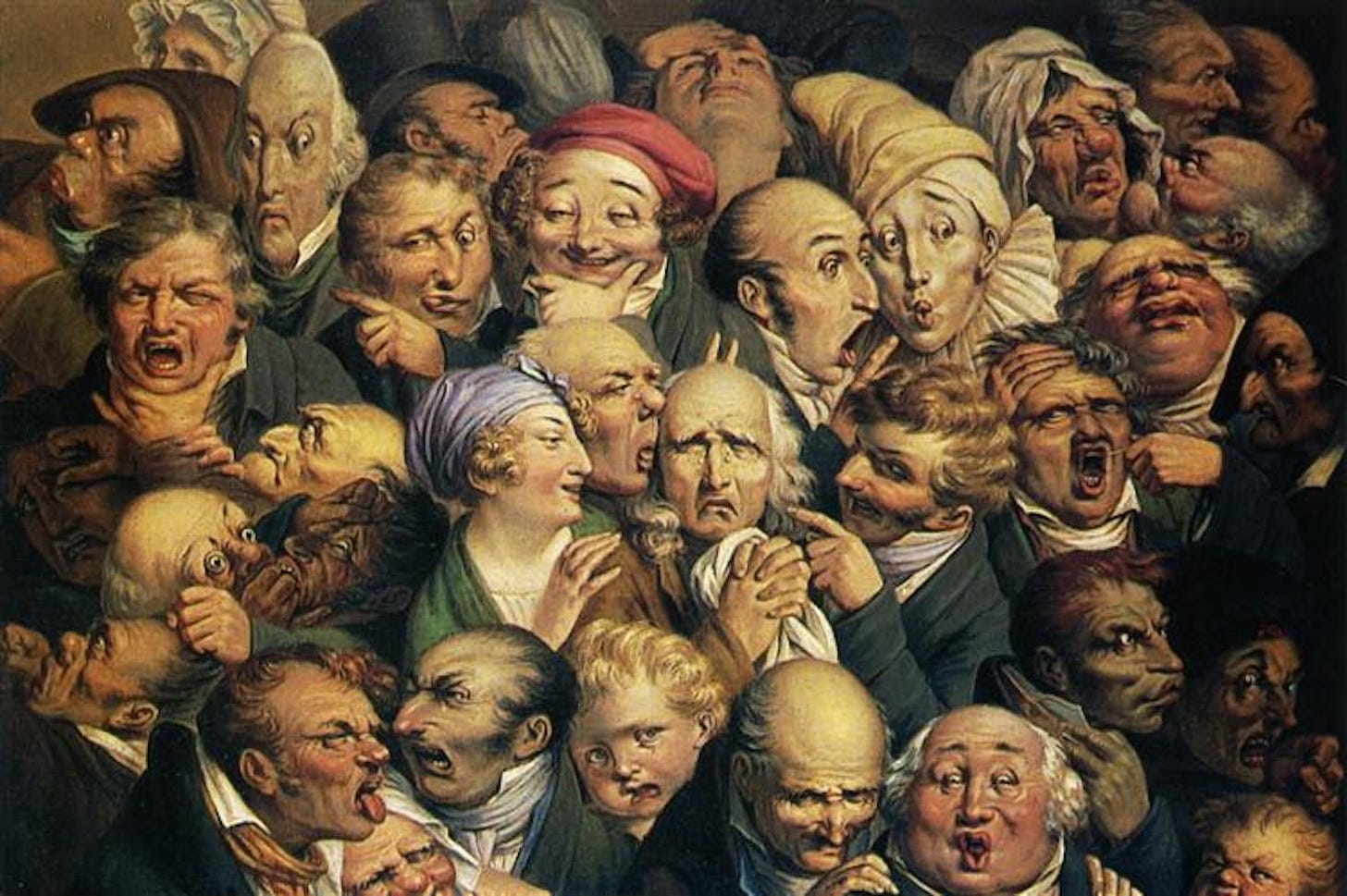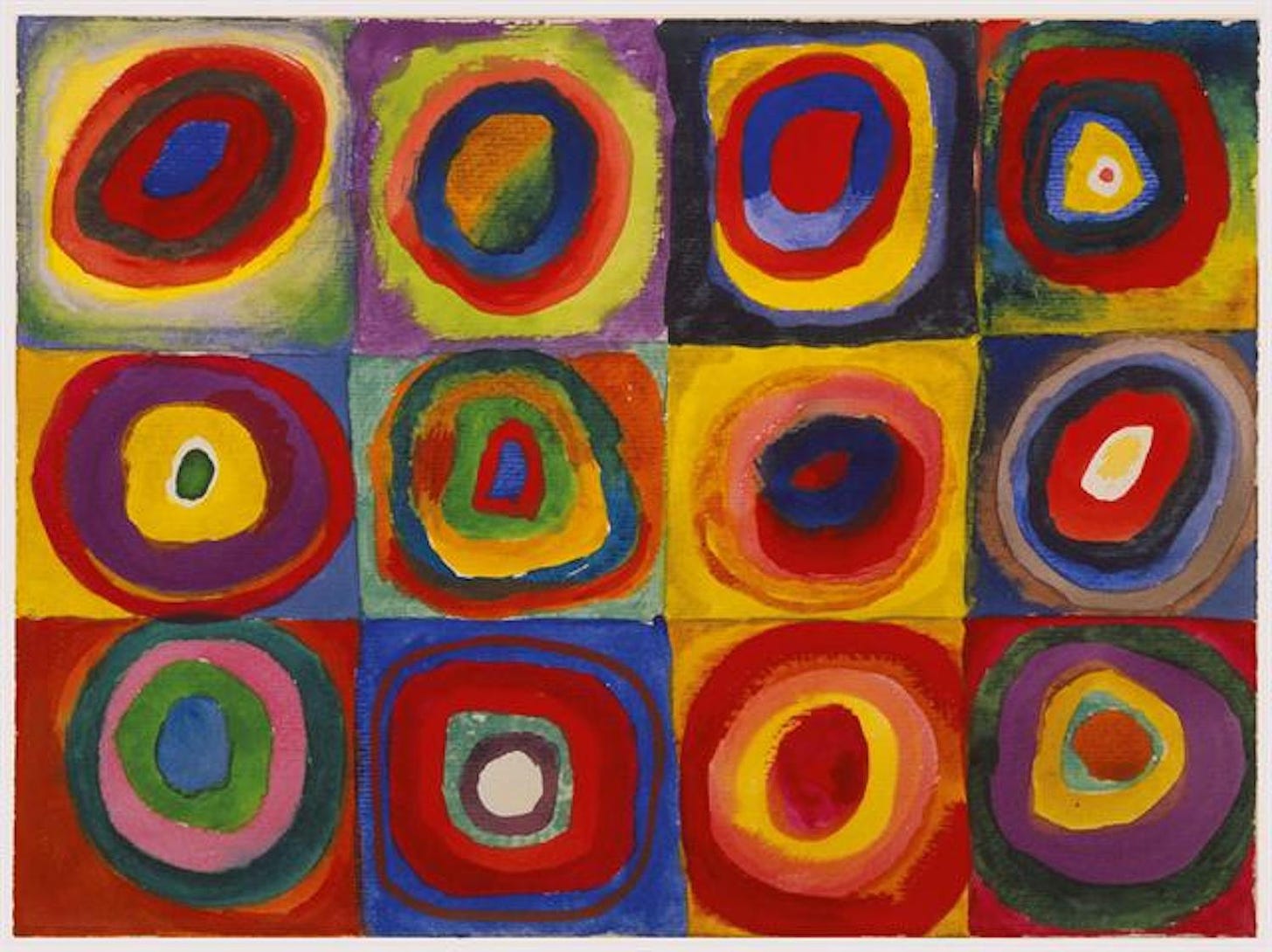Greetings Readers,
Welcome to Part III of our course, Wisdom is the Way: The Timeless Art of Leading a Life. In today’s meditation, we look at the second of three timeless perspectives: impermanence, interconnectedness, and the beginner’s mind (or not knowing). To help us put these ideas into practice, I’ll share periodic exercises, and the first is titled The Art of Noticing (expect it early next week).
As a reminder, for those who are available, our first virtual meetup will be on Wednesday (24 January) at noon EST (Register here). Lastly, if you’re looking for a deeper dive into each topic, I’ll include links to related podcasts and meditations at the end. Be wise and be well!
The Wisdom of Connection
The French philosopher and historian Pierre Hadot observed that philosophy deepens and transforms habitual perception, forcing us to become aware that we perceive the world. We perceive the world through our subjective perception. And as we all know firsthand, our perceptions are not always accurate.
Our three perspectives (or eternal truths) are about seeing and understanding how the world works. The wisdom of connection is about seeing ourselves, others, and the world as profoundly interconnected.
In his Meditations, Marcus Aurelius put it this way,
In a way, all things are interwoven and therefore have a family feeling for each other: one thing follows another in due order through the tension of movement, the common spirit inspiring them, and the unity of all beings.
He advised himself to “meditate often on the connection of all things.” In many other passages, Marcus utilizes the wisdom of connection to act with kindness and virtue. In a well-known passage on dealing with difficult people, he concluded, “None of them can harm me, …, nor can I become angry with someone who’s related to me, … because we were born to work together, like feet or hands or eyelids, like the rows of upper and lower teeth.”
Although we are deeply interconnected, we generally need reminders, just as with the wisdom of impermanence. Eternal truths are not always easy to see. It is possible for us to feel separate and isolated. If you live in the West, you have your own unique social security number. Yet, you only have a social security number because you are connected to a larger whole.
Perennial Questions
The wisdom of connection guides us in answering essential questions. The late Zen Master Thich Nhat Hanh suggested when we ask ourselves honestly the question — “Who am I?” If we have enough time and patience, it reveals some universal truths.
In his classic book Silence, Hanh wrote,
You may see that you’re made of elements, like water for example. If you remove the water from you, there’s no “you” left. You’re made of earth. If you remove the element earth from you, there’s no “you” left. You’re made of air. You need air desperately; without air, you cannot survive. So if you remove the element of air from you, there’s no “you” left. And there’s the fire element, the element of heat, the element of light, in you. You know that you are made of light. Without sunlight, nothing can grow on Earth. If you continue to look, you see that you are made of the sun, one of the biggest stars in the galaxy. And you know that the Earth, as well as yourself, is made of the stars. So you are the stars. […]
When we think of virtue, we naturally understand the need to cultivate our character through consistent practice. The same is true for our perspectives. We must work (through philosophical or spiritual exercises, more on those later in the course) to cultivate wise ways of seeing the world. By doing so, we are better equipped to lead lives that are meaningful to ourselves and those around us.
Keep reading with a 7-day free trial
Subscribe to Perennial Meditations to keep reading this post and get 7 days of free access to the full post archives.





